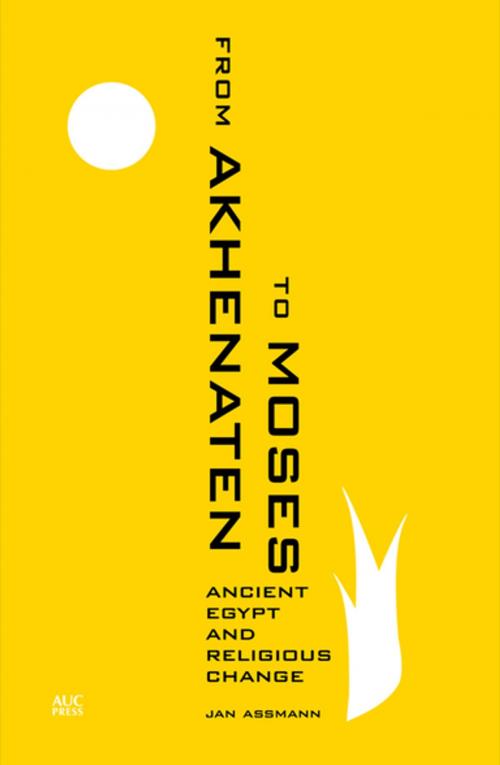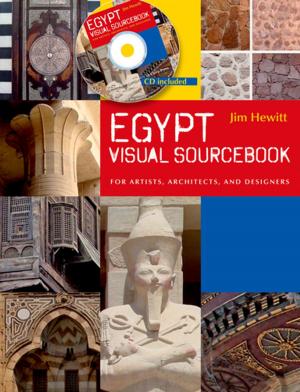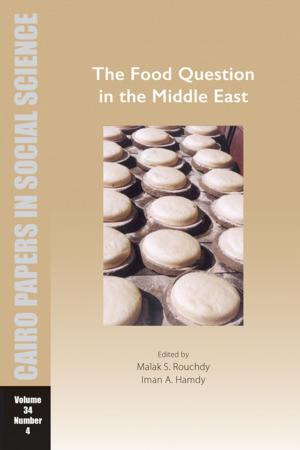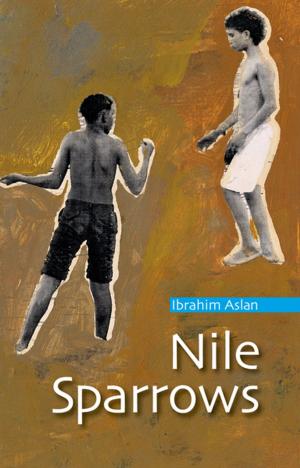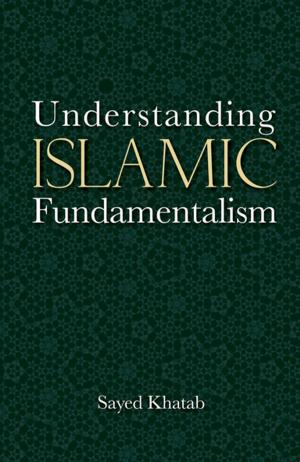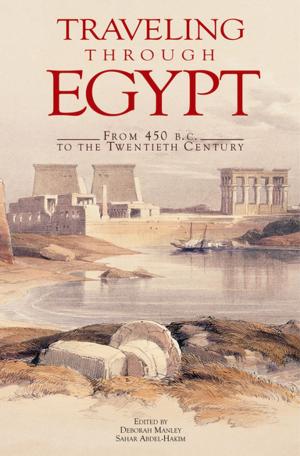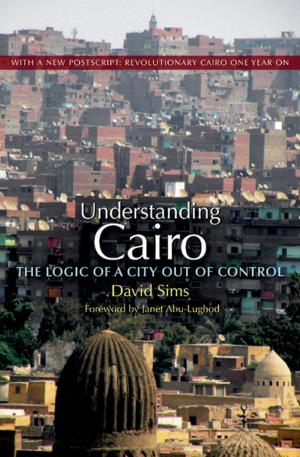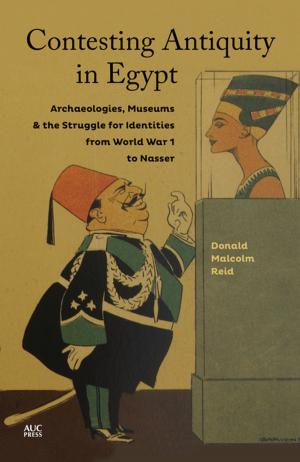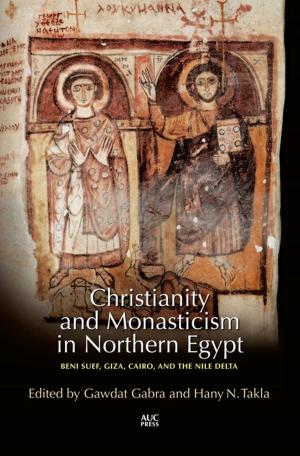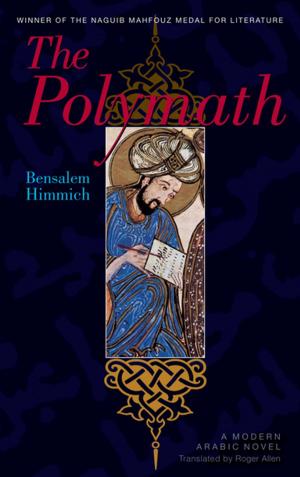From Akhenaten to Moses
Ancient Egypt and Religious Change
Nonfiction, History, Ancient History, Egypt, Religion & Spirituality, Reference, Theology| Author: | Jan Assmann | ISBN: | 9781617975745 |
| Publisher: | The American University in Cairo Press | Publication: | June 1, 2014 |
| Imprint: | The American University in Cairo Press | Language: | English |
| Author: | Jan Assmann |
| ISBN: | 9781617975745 |
| Publisher: | The American University in Cairo Press |
| Publication: | June 1, 2014 |
| Imprint: | The American University in Cairo Press |
| Language: | English |
The shift from polytheism to monotheism changed the world radically. Akhenaten and Moses-a figure of history and a figure of tradition-symbolize this shift in its incipient, revolutionary stages and represent two civilizations that were brought into the closest connection as early as the Book of Exodus, where Egypt stands for the old world to be rejected and abandoned in order to enter the new one. The seven chapters of this seminal study shed light on the great transformation from different angles. Between Egypt in the first chapter and monotheism in the last, five chapters deal in various ways with the transition from one to the other, analyzing the Exodus myth, understanding the shift in terms of evolution and revolution, confronting Akhenaten and Moses in a new way, discussing Karl Jaspers' theory of the Axial Age, and dealing with the eighteenth-century view of the Egyptian mysteries as a cultural model.
The shift from polytheism to monotheism changed the world radically. Akhenaten and Moses-a figure of history and a figure of tradition-symbolize this shift in its incipient, revolutionary stages and represent two civilizations that were brought into the closest connection as early as the Book of Exodus, where Egypt stands for the old world to be rejected and abandoned in order to enter the new one. The seven chapters of this seminal study shed light on the great transformation from different angles. Between Egypt in the first chapter and monotheism in the last, five chapters deal in various ways with the transition from one to the other, analyzing the Exodus myth, understanding the shift in terms of evolution and revolution, confronting Akhenaten and Moses in a new way, discussing Karl Jaspers' theory of the Axial Age, and dealing with the eighteenth-century view of the Egyptian mysteries as a cultural model.
